Why Is It Important To Conserve Coral Reefs?
World Reef day is a day dedicated to spreading awareness about the importance of our oceans’ rainforests – our coral reefs. This day is devoted to provoking responses to the deterioration of our coral reefs due to increased tourism, chemicals, coral bleaching, overfishing, industrial and plastic pollution and rising temperatures.
Here at Kaya we know the importance of our reefs and how the protection of them works toward Goal #14 of the Sustainable Development Goals: Life Below Water.
Although coral reefs only take up 1% of the ocean floor, they are important for a multitude of reasons. The well-being of our planet depends on our coral reefs being healthy. Coral reefs are a beautiful part of our ecosystem and we have the privilege to explore them, but we hope you can use the information below to also contribute to saving our reefs this World Reef Day, and all year round, by making responsible choices throughout your travels.
5 Facts About Coral Reefs
- Coral reefs protect vulnerable shorelines from storms, erosion and flooding.
- Reefs are home to 25% of the ocean’s marine life.
- Like the trees of our planet, coral reefs produce clean air for us to breathe.
- The Great Barrier Reef is one of the largest carbon sinks; its seagrasses can absorb and store the carbon from the atmosphere, leaving our air cleaner!
- According to statistics from Columbia University, around a quarter of our coral reefs have been damaged beyond repair. If this deterioration continues, 90% of our reefs will be in danger by 2030, and nearly all of the reefs will be threatened by 2050.
Let’s stop coral reef destruction now before it’s too late! In honor of World Reef Day, take time to consider how to conserve coral reefs.
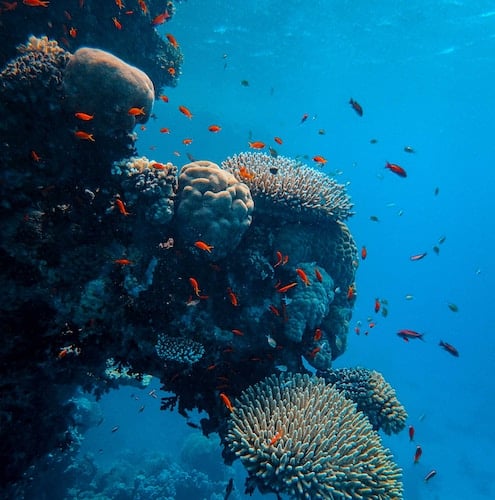
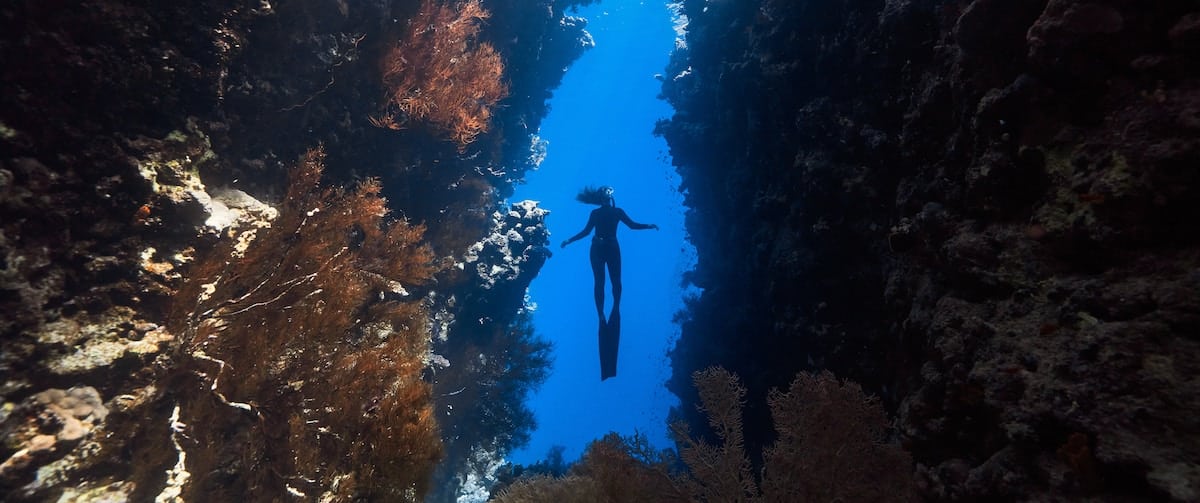
6 Ways To Conserve Coral Reefs
Whether at home or abroad, learning how to conserve coral reefs is essential to making your own small impact on our oceans and our planet.
At Home
Say no to single use plastics
Every single year, 8m tonnes of plastics stream into the ocean. That is the equivalent of a garbage truck of waste being dropped into the ocean every single minute! What’s more, is that this amount is expected to double by 2030.
Nowadays, there are so many replacements for single use plastics, from thermal bottles to metal straws and cutlery sets. This World Reef Day, let’s look toward changing something from our everyday: our toothbrushes!
Here are some of the Kaya Team’s favorite alternatives to the usual plastic toothbrushes:
- Bamwoo – Bamboo toothbrushes that offers a delivery service and subscription.
- Colgate Sustainable Toothbrush – Colgate also have an initiative that welcomes customers to recycle any toothbrushes, oral hygiene products or packaging from all brands at selected recycling points! Find out where you can find the closest drop off to you.
- Ecolo Clean – Unilever 100% recycled toothbrush
Other sustainable products and brands our Kaya experts recommend:
- Ethique – Sustainable and vegan shampoo bars
- Guppyfriend – Washing bag that prevent microplastic fibers making their way into our oceans
- Smol or Blueland – Sustainable, biodegradable and refillable cleaning products
Educate others!
Getting involved with coral reef conservation can easily begin with spreading the word by raising awareness for the cause! World Reef Day is effective when businesses, influencers and individuals like you come together and inform others of the importance of protecting our coral reef ecosystems. Helping your network understand how to protect coral reefs exponentially grows your impact!
Buy ethically made fashion
It’s no secret that fast fashion is one of the biggest pollutants today. Many fashion brands use textile dying and finishing processes that release multiple chemicals and toxins into the sea including metals, oils and pesticides. These chemicals are detrimental to our coral reefs. If you’re wondering how to protect coral reefs whilst clothes shopping, make sure you buy from that reputable brands and manufacturers that not only treat their staff ethically, but also create clothes with the environment in mind. Look out for these 10 ethical fashion certifications you need to know when you’re buying clothes for yourself and others!
When You’re Away
Keep your fins off the coral
Disturbing coral can be detrimental to its growth, as coral reefs are living organisms. Every year coral reefs are affected by human interference, so it is important that we treat reefs, and the animal life around it, with respect.
To make sure your diving adventures are also respectful of coral reef conservation, why not consider a diving volunteer program? These responsibly created programs will make sure you enjoy exploring coral reefs without contributing to their deterioration. If you need some inspiration, check out our Island Marine Conservation Project with PADI Diving Certificate in Thailand! Remember if you’re planning on diving while traveling abroad: no touching or stepping on coral!
Use reef-safe sunscreen
Chemicals in sunscreens are extremely harmful to the coral reefs and marine life, weakening the strength of the algae that grows on top of coral that protects them, adding to coral bleaching and even killing the coral. However, the chemicals in sunscreen don’t only affect coral; they can affect dolphins, sea urchins, mussels and fish reproductive systems which leads to damage to their offspring.
The term ‘Reef-Safe’ is not yet regulated, so it is important to opt for mineral sunscreens with zinc oxide and look out for the following ingredients; Oxybenzone, Benzophenone-1, Benzophenone-8, OD-PABA, 4-Methylbenzylidene camphor, 3-Benzylidene camphor, nano-Titanium dioxide, nano-Zinc oxide, Octinoxate, and Octocrylene.
Here are a few of our travel expert’s favorite brands to consider:
Volunteer to inspire change on the reefs
What better way to support World Reef Day this year, than by taking part in one of our Marine Conservation projects and seeing the efforts made to protect coral reefs firsthand.
All of Kaya’s marine conservation volunteer projects are doing outstanding, important coral reef conservation work. Led by reputable marine biologists or local experts, as a volunteer you could help with reef conservation efforts such as Dolphin and Marine Conservation in Zanzibar, monitoring threatened species in Mozambique, or even working with marine conservationists on the Thai island of Koh Tao. Whatever your specific field of interest, our advisors can find the perfect location and coral reef conservation project to suit you.
If you want to get involved but would prefer to stick to the beach or perhaps even work with marine life on land, Kaya has more marine conservation volunteer projects to explore. Consider volunteering to preserve sea turtle numbers in stunning locations such as Ecuador, Sri Lanka, or Costa Rica.
Other Ways To Conserve Our Reefs:
- Take a bin bag on your trip to the beach and pick up any litter as you walk.
- Conserve your water usage, conserve the reefs!
- Remember to take everything with you when spending time at the beach to avoid litter making its way into the ocean.
- Buy responsibly sourced seafood.
- Think twice about what kind of fish you’re buying for your aquarium.
- Take low-carbon emission modes of transport more often instead of driving.

Common Questions About Coral Reefs
How is the Belize Barrier Reef being protected?
Belize has made a conscious effort to protect and conserve its thriving coral reef since oil exploitation occurring close to the Barrier Reef was banned in 2017. Belize is just one of three countries who have incorporated this law along with the protection of important species of fish, such as the parrotfish. In the same way, Bottom trawling is now banned! Find out more about Kaya’s programs in Belize!
What is the government doing to protect the coral reefs?
Like Belize, many more countries are recognising the importance of coral reef conservation. Bottom trawling is the fishing technique where nets drag against the ocean floor in search of crabs, fish and other sea creatures. This fishing technique is now banned in many waters due to the devastating effects it has on our reefs. This is just one of the many ways governments are figuring out how to save coral reefs.
How do coral reefs protect the shore during storms?
According to the National Ocean Service, coral reefs help protect the shore during storms with its structure. The strength and structure of the coral reef acts as a buffer against waves and storms to prevent damage to coastal property and erosion of the coastline. When there is no coral reef to act as a barrier, there is a greater risk of fatal damage to coastal communities, even with normal waves.
How can we protect the Great Barrier Reef?
Diving and snorkeling is a great way to explore our underwater world and all its wonders, but it is important to make sure we use best practices to save coral reefs and keep in mind the hard facts about coral reefs in order to explore the reefs responsibly!
Join a coral reef conservation project to learn how to conserve coral reefs. Get in touch with our team today!
Now you’re ready for World Reef Awareness Day!
Diving and snorkeling is a great way to explore our underwater world and all its wonders, but it is important to make sure we use best practices to save coral reefs and keep in mind the hard facts about coral reefs in order to explore the reefs responsibly!
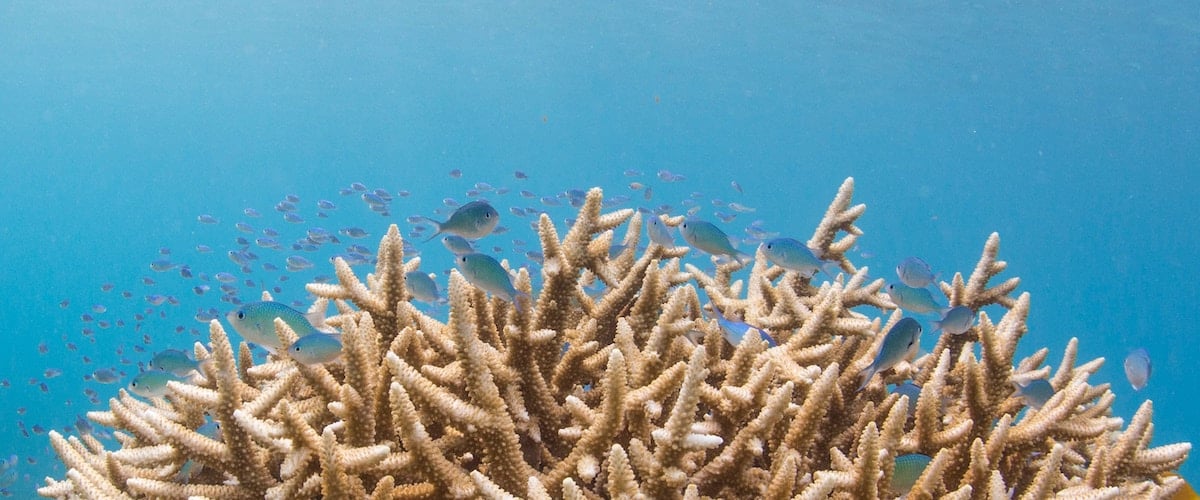
Join a coral reef conservation project to learn how to conserve coral reefs. Get in touch with our team today!
This blog was written by Kayleigh Irvine
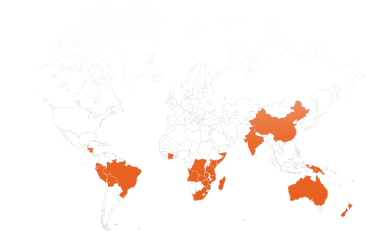
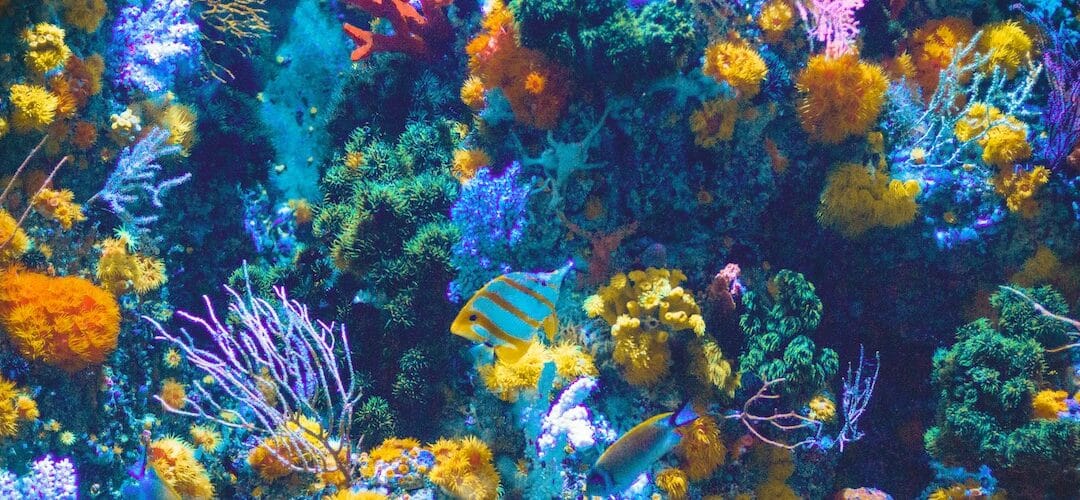
Recent comments